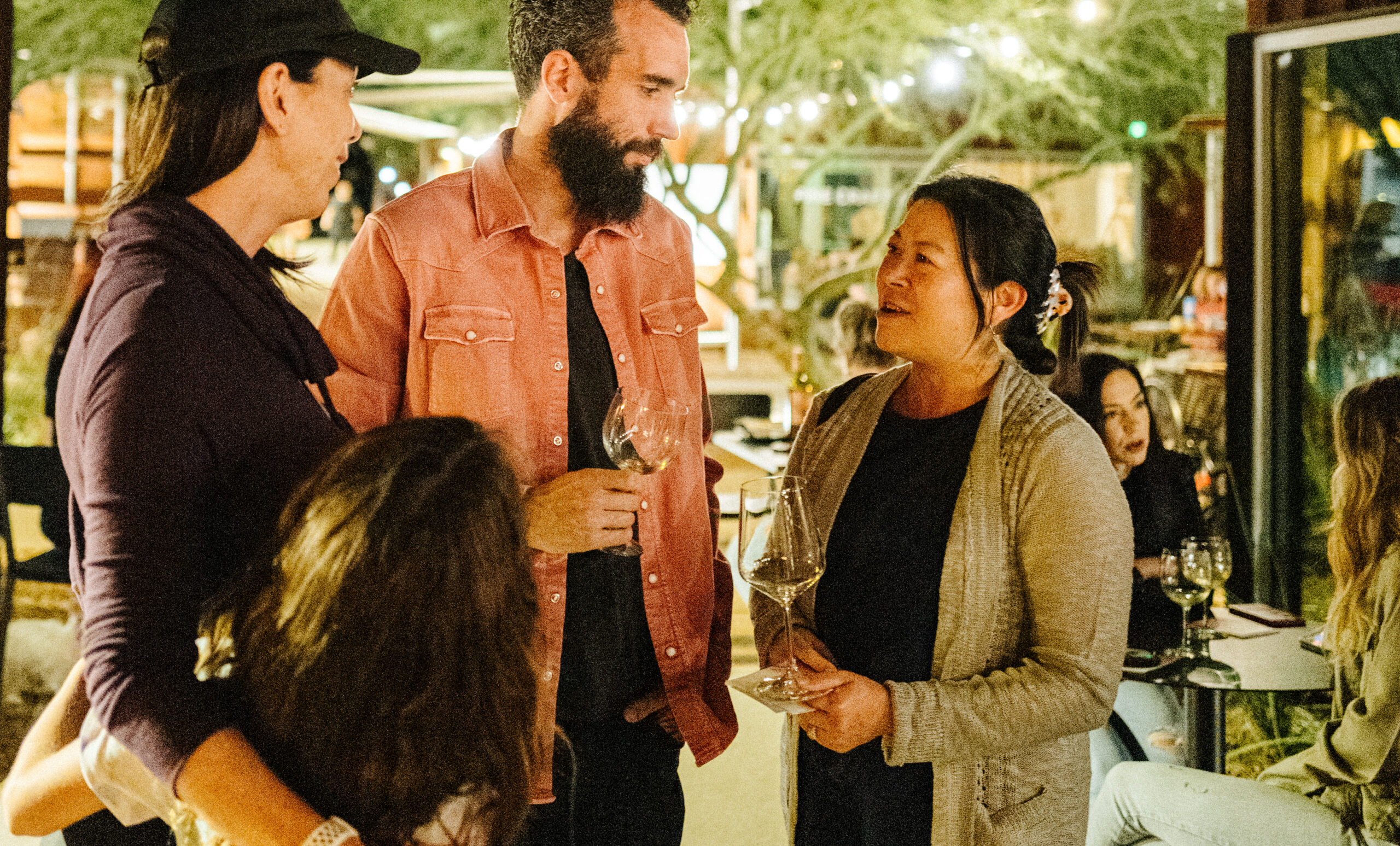
The wine scene in Arizona has grown tremendously in recent years, and it may be surprising for some to learn that a Tucson-based importer brings wines into the U.S. from one of the world’s great regions — Austria.
Sariya Jarasviroj launched Circo Vino in 2009 after years of working in the industry, and while wine importers are often based in the country’s largest cities closer to the coasts — New York, Chicago, or San Francisco — Tucson is an unlikely place for a national wine importer.
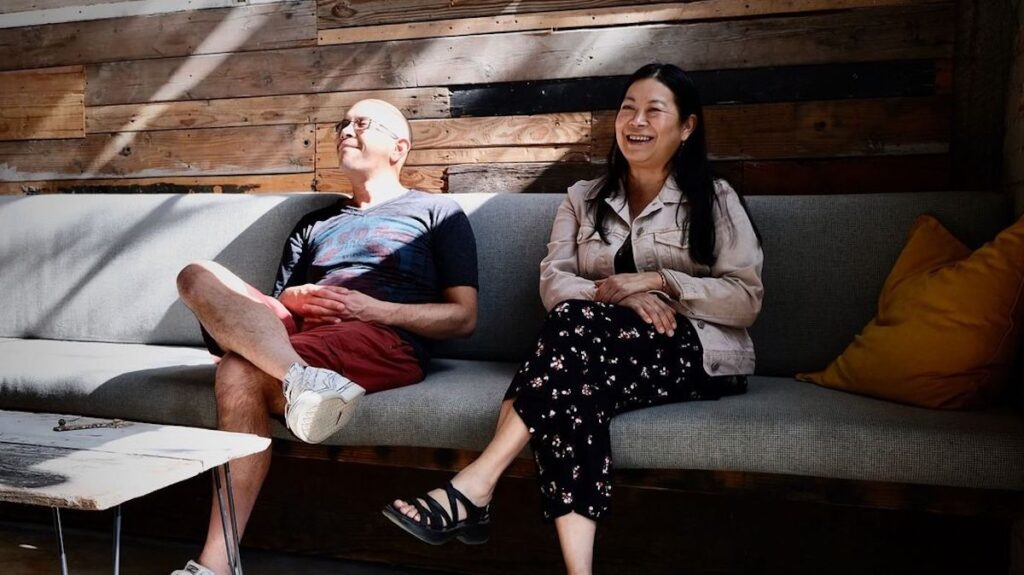
“At the outset, there’s always that question, ‘How are you going to make it work?’ Because you can’t get a direct flight anywhere out of Tucson,” said Sariya, who self-identifies with she/her and they/them pronouns.
“My answer has just always been, let me worry about that, let me worry about how that’s going to work. I’ll show you that it can, so whether I have to spend extra time traveling to get where I need to be or whatnot, that’s the effort I’m willing to make to see this vision come to life.”
Originally from Bangkok, Thailand, Sariya immigrated to the U.S. as a toddler and grew up in Iowa. She left home at a young age to receive training as a competitive figure skater in different places until the end of high school.
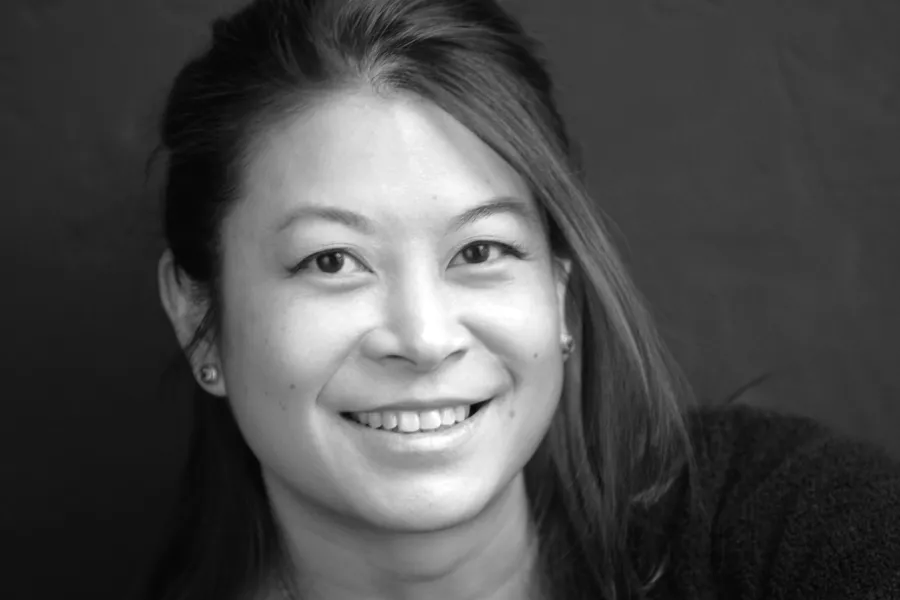
“I’ve had kind of a nomadic life,” she added.
Her journey in wine began unexpectedly while living in Colorado Springs after graduating from college. She didn’t drink at the time and was planning on attending graduate school. Then one night while out to dinner a friend slid a glass in front of her and asked if she could describe what she smelled. Scents of berries, mulch, and chocolate lifted from the glass. It was a red Zinfandel from the Korte Ranch of Napa Valley, made by Schuetz Oles Winery.
Sariya educated herself about the world of wine while enrolled in a graduate program at Arizona State University with a focus on religious studies. She was struck by the counter-intuitive nature of viticulture since grapes used for fine wine, unlike other forms of agriculture, are best suited for nutrient-poor soil with harsh climatic conditions that cause sugar and flavor compounds to become concentrated.
She became fascinated by the science, culture, and history behind every glass, taking part-time jobs in retail, brokering, and distribution. Eventually, she decided she wouldn’t finish her Ph.D. program and instead fully devote herself to wine, going on to work for an importer and consult for national portfolios.
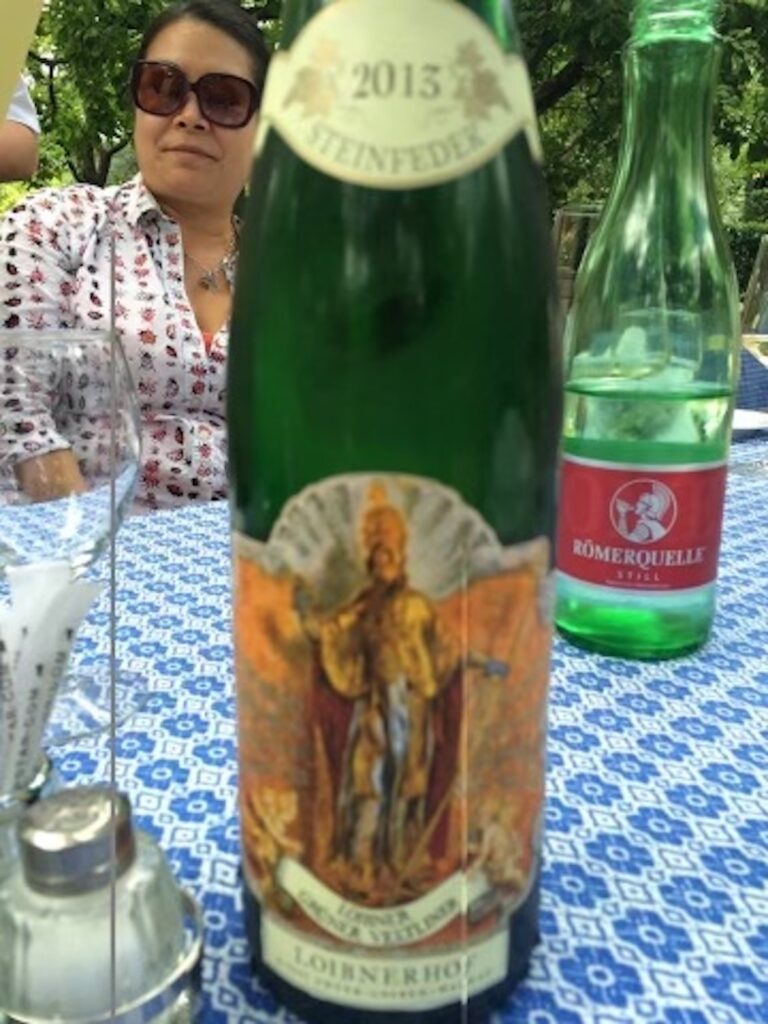
At one point, she began working with Vin Divino, an importer of Austrian and Italian wines that further exposed her to the region and helped to form a foundation for her personal palate.
“Whereas some people’s palates might be built by their relationship with Burgundy, or their relationship with Bordeaux, or their relationship with wines from the Piedmonte or Sangiovese-based wines from Chianti, I think everyone has their benchmark of what defines their palate. I think it’s safe to say for me that what defines my palate is Austria,” she explained.
While Austria has long been recognized for its wines, it has at times been overshadowed by regions whose names bear more brand recognition in the market, such as France’s Bordeaux region or Chianti in Italy. Sariya was well positioned to introduce the U.S. to the dry rieslings of Austria and its lesser known, but equally delicious native grapes like Grüner Veltliner and blaufränkisch.
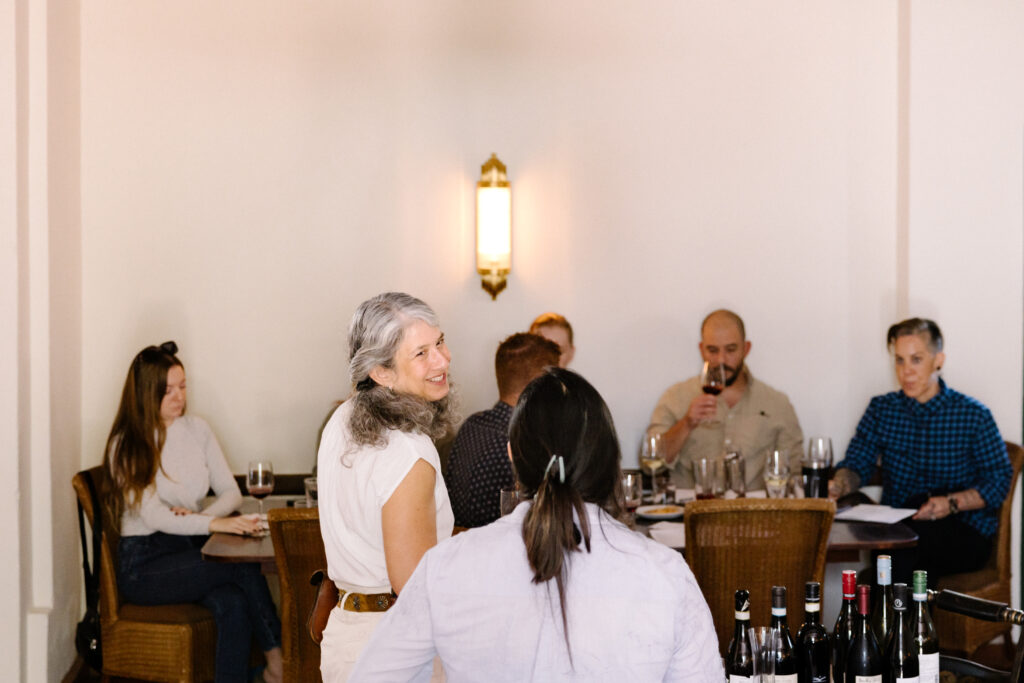
“I was able to be one of the first people in Arizona and really one of the first people in the country to have exposure to wines from Austria… I have a great love for wine in general, but at the end of the day when I would think about what I wanted to be tasting or drinking, it was always sort of high-acid Austrian wine,” she said.
Sariya found a supportive community in Tucson and ten years after that first glass of Zinfandel, Circo Vino was born. They are now licensed in around 30 states in the U.S., and champion Arizona wines from wineries like Callaghan Vineyards and Dos Cabezas.
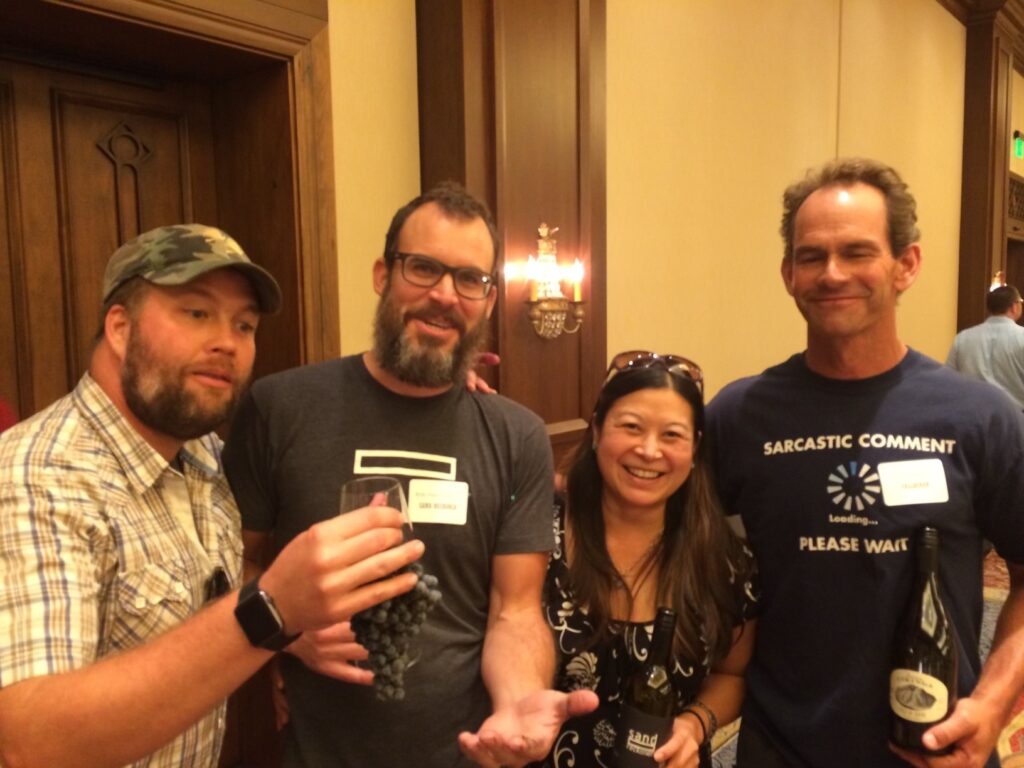
Circo Vino is also the sole national importer of Weingut Emmerich Knoll, one of Austria’s most renowned and celebrated producers of riesling and gruner veltliner established in 1825 in the Wachau region. Weingut Knoll’s bottles are adorned with their distinctive image of St. Urban, the patron saint of vineyards and winemaking.
Operating a national import company is a large endeavor and doing so from Tucson presents unique challenges due to supply chains, interstate trucking, and the extreme summer temperatures. For these reasons, Circo Vino’s warehouse is not centralized in Arizona but instead utilizes warehouses in New Jersey and Port of Livorno in Italy. Developing the proper logistics and distribution networks has been as key to Circo Vino’s success as the deep knowledge of wine required.
In 2019, an increase in tariffs on European food and wine imports imposed by the Trump administration sent the industry into turmoil. Sariya was a prominent voice in calls to action to suspend the tax increases, which were part of a larger trade war that threatened restaurants and wine in the U.S. According to Sariya, helping to organize other professionals to push back against the tariffs further revealed her unique position in the industry.
“I was reaffirmed by the reality that women and ownership in the import scene is a small percentage,” she said. “And then also in addition to that, being an immigrant and a woman of color just makes me even more of an anomaly.”
Sariya sees herself as a bridge between cultures and an educator at heart. Despite not having continued a career in academia, much of her work with Circo Vino has been to provide “informal education through wine and community building.”
As for the future, Sariya said she feels privileged to be able to do something she enjoys and looks forward to further building relationships and navigating the challenges of a global supply chain. She credits the support of Tucson business owners and restaurateurs who help make Circo Vino possible.
“I’ve been here in Tucson for 20 years so it’s been a while and I do consider it my home. Bangkok also is my home, but Tucson, I can’t imagine not having a home here in the future. I’m invested in this idea that Tucson can be a headquarters for national work, you know, why not?”
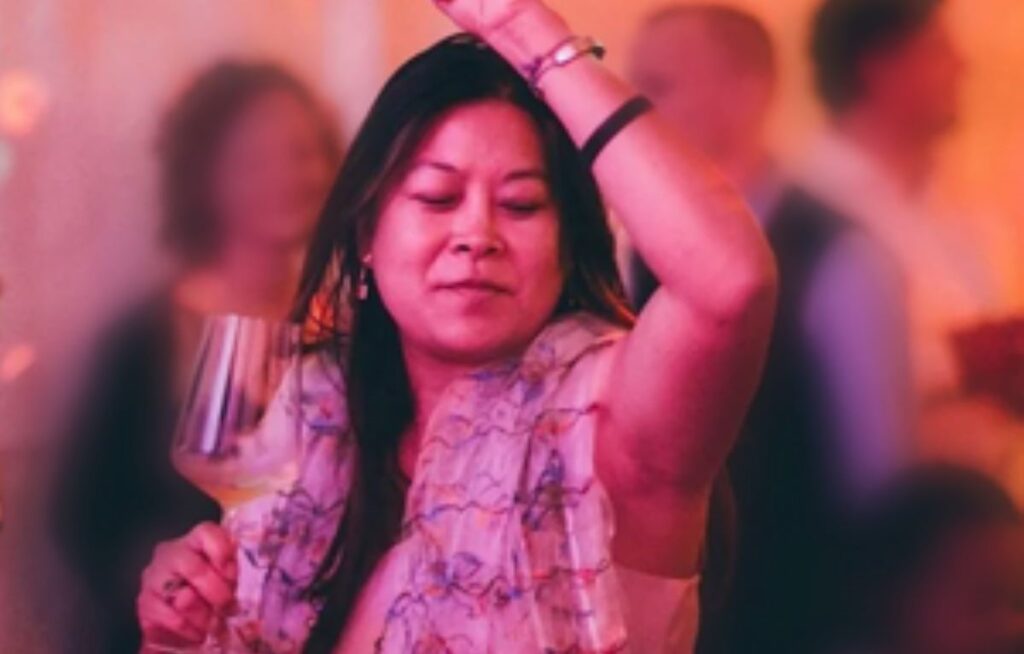
For more information, visit circovino.com.
Tucson Foodie is a locally owned and operated community. Thanks to our partners and members, we are able to offer paywall-free guides and articles. We value your support and invite you to become a Tucson Foodie Insider today.